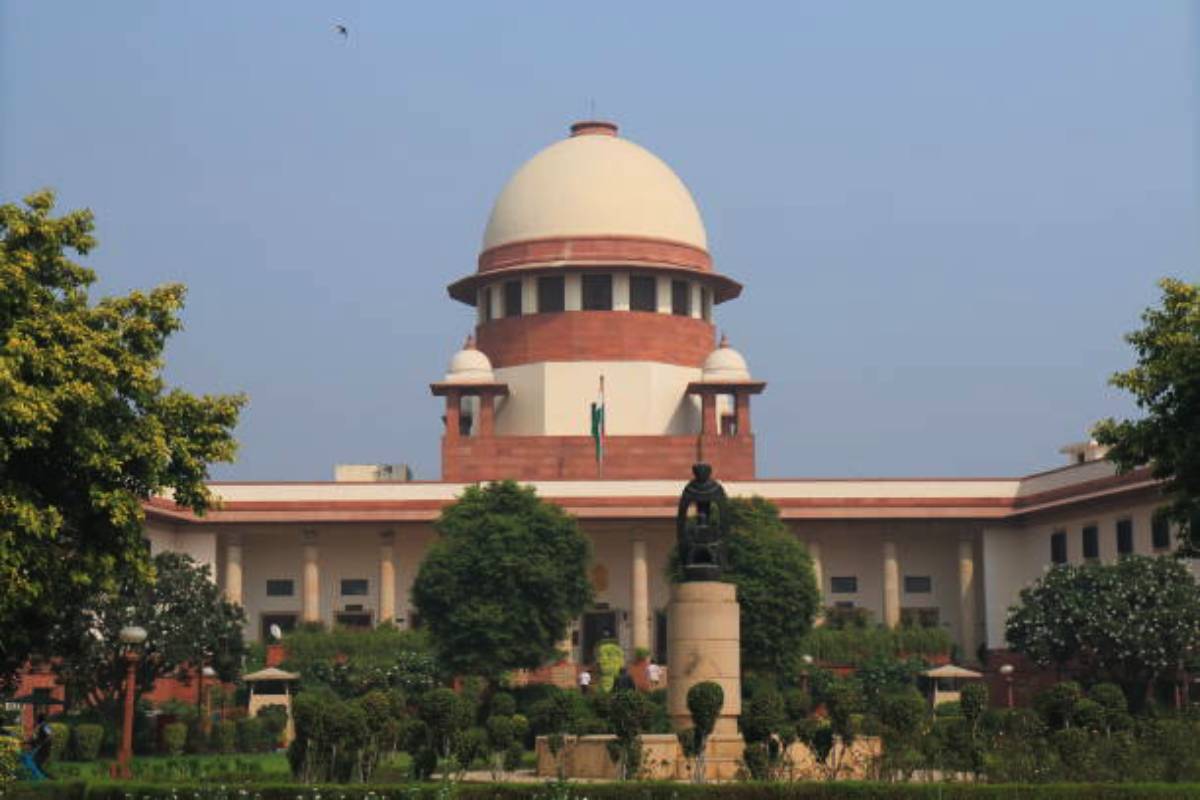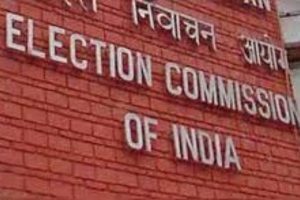In a significant ruling that will augment the fiscal capabilities of States having rich mines and mineral resources, a 9-Judge bench of the Supreme Court by a majority of 8:1 on Thursday held that states have competence and power to levy tax on mineral bearing lands.
The majority judgment — 8:1 — authored by the Chief Justice DY Chandrachud said that the payments made to the government cannot be deemed to be a tax merely because a statute provides for its recovery in arrears.
Advertisement
“Royalty is not in the nature of tax. We conclude that the observation in India Cements’ judgment stating that royalty is tax is incorrect. Payments made to the government cannot be deemed to be a tax merely because a statute provides for its recovery in arrears… ruled that royalty on extracted minerals is not a tax,” said the majority judgment.
Besides Chief Justice Chandrachud, other judges included Justice Hrishikesh Roy, Justice Abhay S Oka, Justice J B Pardiwala, Justice Manoj Misra, Justice Ujjal Bhuyan, Justice Satish Chandra Sharma and Justice Augustine George Masih.
Justice Nagarathna in her dissenting judgment said: “I hold royalty is in the nature of the tax. States have no legislative competence to impose any tax or fee on mineral rights. Entry 49 is not related to mineral-bearing lands. I hold India cement decision was correctly decided.”
“The legislative power to tax mineral rights lies with the State legislature and the Parliament does not have the legislative competence to tax mineral rights,” the top court said in the majority ruling.
The top court also made it clear that the Parliament could not use its residuary power regarding this subject matter. So, the State legislature has the legislative competence under Article 246 read with Entry 49 of List 2 to tax mineral bearing lands.
After the pronouncement of the verdict, the Union of India (UOI) and many petitioners requested the top court to make levy of tax on mines and minerals by the States, arising from its judgment, prospective.
The Chief Justice said that they would clarify on this aspect on July 29, whether its judgment will operate retrospectively, which would mean huge arrears of tax accruing to the states, or prospectively. States want today’s ruling to operate retrospectively, while Centre wants it prospectively.
The Supreme Court on March 14, 2024, had reserved its verdict on the controversial issue of whether the royalty payable on minerals is a tax under the Mines and Minerals (Development and Regulation) Act, 1957, and if only the Centre is vested with the power to levy such exaction or states also have the authority to impose levies on mineral bearing land in their territory.
The nine-judge bench of the top court, heard the matter for eight days, while dealing with a batch of 86 appeals filed by different state governments, mining companies and public sector undertakings.
During the hearing, the top court had said the Constitution vests the power to impose tax on mineral on rights not in Parliament alone but also the states and underlined that such authority should not be diluted.











